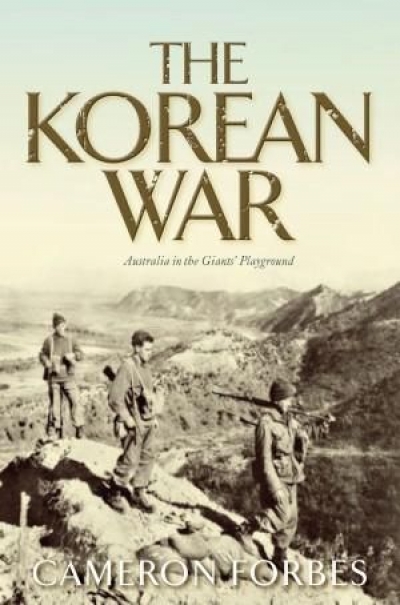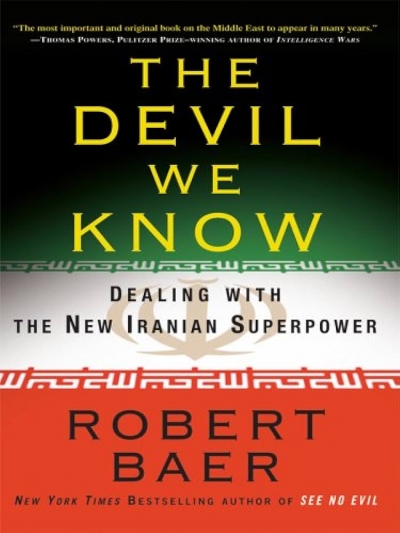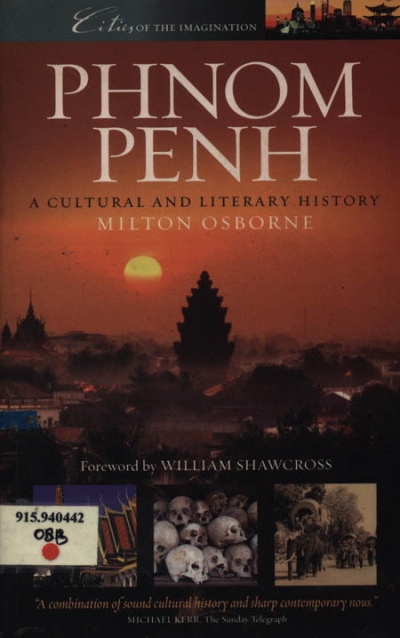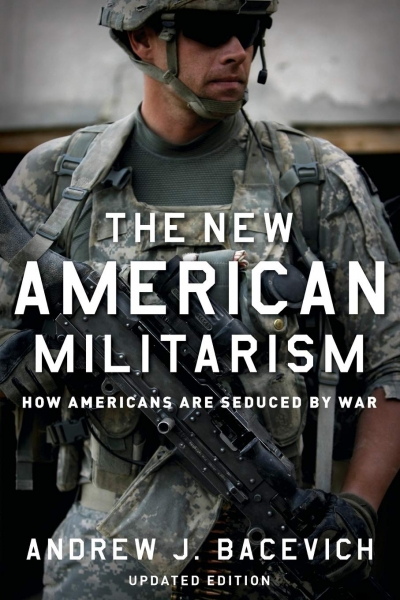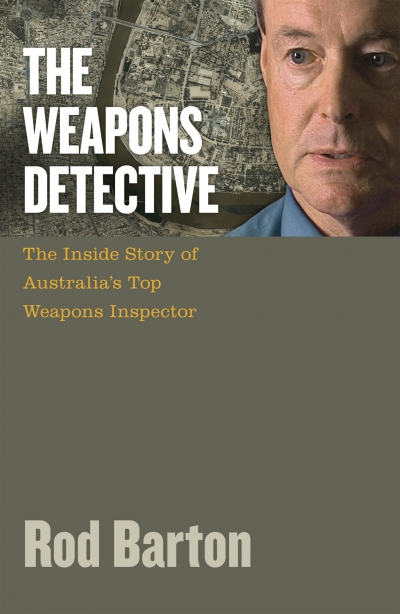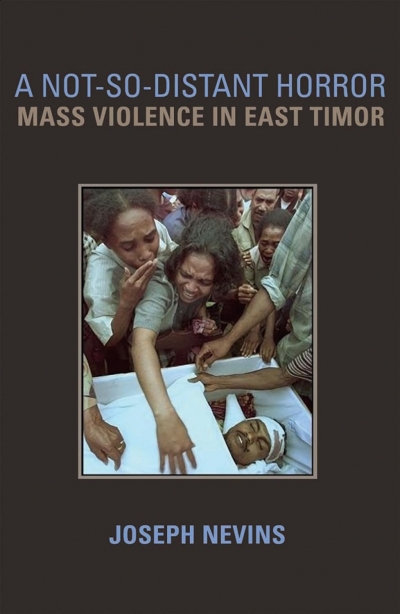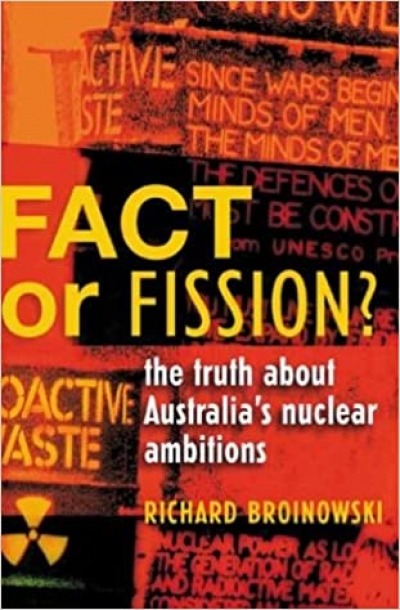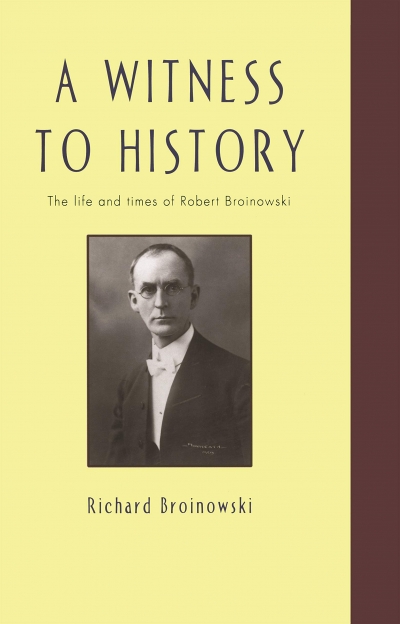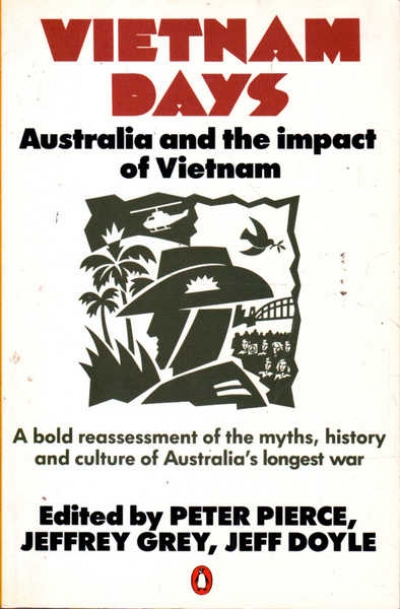Richard Broinowski
The Korean War: Australia in the Giant’s Playground by Cameron Forbes
by Richard Broinowski •
The Devil We Know: Dealing with the new Iranian superpower by Robert Baer
by Richard Broinowski •
Phnom Penh: a cultural and literary history by Milton Osborne
by Richard Broinowski •
The New American Militarism by Andrew J. Bacevich & Unintended Consequences by Kenneth J. Hagan and Ian J. Bickerton
by Richard Broinowski •
The Weapons Detective: The inside story of Australia’s top weapons inspector by Rod Barton
by Richard Broinowski •
A Not-So-Distant Horror: Mass violence in East Timor by Joseph Nevins
by Richard Broinowski •
Global Responses to Terrorism edited by Mary Buckley and Rick Fawn & Terror Laws by Jenny Hocking
by Richard Broinowski •
Fact or Fission?: The truth about Australia's nuclear ambitions by Richard Broinowski
by Wayne Reynolds •
A Witness to History: The life and times of Robert Arthur Broinowski by Richard Broinowski
by John Button •
Vietnam Days: Australia and the impact of Vietnam by Peter Pierce, Jeffrey Grey, and Jeff Doyle
by Richard Broinowski •

